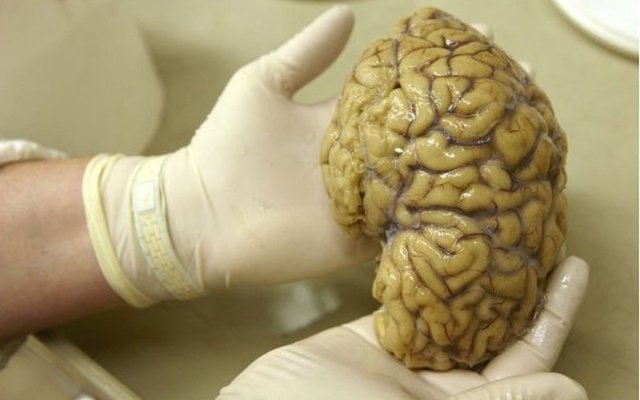In a moment, researchers found a way to connect the human brain with the Internet. This achievement of Wits University of Johannesburg, South Africa is being considered as a new milestone in the field of biomedical engineering.

Source- Routers
"The project has been named 'Brainnet' and it turns the human brain into an Internet of Things or Iot node on the World Wide Web." - According to the Medical Express, Business Insider's Report has said.
By using an emotic EEG device in the user's head, this process is done by preserving the EEG signal from the brain. Then these signals were sent to a Raspberry pie computer. The data received on this computer is broadcast live on the application programming interface or API. It also displays that data on an open website that anyone can see.
Adam Panantovitz, the caretaker of the Wits School of Electrical and Information Engineering and the project's caretaker, said: "A new horizon in the brainnet computer-computer interface. There is a lack of data that can easily be understood by how a human brain works and processes information. Brainnet is trying to make it easier for people to understand themselves and others' brains. It works through continuous monitoring of brain activity and some internal communications. "
It is said from Pantanovitz that the possibility of this project is just starting now. Now their team is trying to bring more internal communication experience between the user and his brain. Although some tasks are already done, it is limited to revival, like the movements of the arm, in very narrow range. He said, "Brainnet can become better and share recordings with a smartphone app. This app provides data for a machine learning algorithm. In the future, information can be sent on both sides of the brain - both inside and outside the brain. "
This project is expected to contribute to machine learning and brain-computer interfaces like Elon Mask's Neural Lace and Brian Johnson's Kernel, in the future.